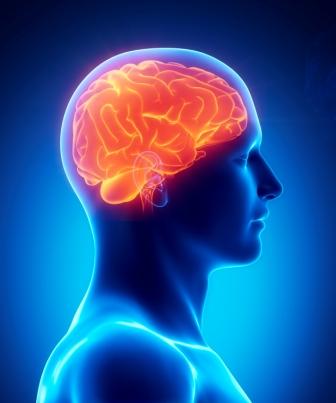The Long-Term Effects of Traumatic Brain Injury

The brain is the master controller of the body, making it an organ that is to be protected and shielded from harm at all times. In fact, the layer of bone between the gelatinous brain and the outside environment is so thick that it can only be penetrated using a drill or specialized surgical equipment using massive force. Over 1.7 million Americans suffer traumatic brain injuries every year. This can lead to long-term disability and the disruption of one’s quality of life.
How Traumatic Brain Injuries Happen
Traumatic brain injuries occur when the head suffers some kind of trauma which involves a large force striking any part of the head. These are commonly seen in the aftermath of Indiana car accidents, on construction site injuries as well as Indiana slip and fall cases. The brain may ‘ricochet’ inside the skull, and end up with a bruise or burst vessel which can lead to what’s known as a hematoma, a dangerous traumatic brain injury which can lead to permanent brain damage or death if not treated in a timely manner.
How Traumatic Brain Injury is Treated
Traumatic brain injury in Indiana is typically treated via surgery. A neurosurgeon may ask for CT scans as well as other cognitive diagnostic tests in order to pinpoint the exact problem. This should happen shortly after an accident, and must be done as a matter of urgency if one is experiencing disturbing symptoms such as dizziness, personality changes and blackouts. Surgery may lead to a long recovery period, and in most cases, it isn’t known if someone will be able to make a full recovery depending on the extent of the injury.
Here are some long-term effects of traumatic brain injury after an accident:
- You may have a problem with mood and emotional regulation. You may become angry at the drop of a hat, cry uncontrollably, not be able to control your impulses or sink into a deep depression.
- You may experience cognitive effects such as not being able to remember names and places, have a hard time following a schedule or planning tasks out, and your productivity may plummet. In addition, you may not be able to carry out simple tasks such as balancing your checkbook.
- You may suffer from physical issues such as vomiting, blurred vision, dizziness, sleep walking, paralysis and trouble using your hands or legs even after successful surgery is carried out.
Compensation for Traumatic Brain Injury
These long-term effects will require a lot of physical therapy and can cost a fortune. If someone else caused your accident, why should you foot the bill for your treatment? It is only fair to use the legal system and file an Indiana personal injury lawsuit in order to make them pay. It is important that you work fast and contact us immediately owing to the time-sensitive nature of these types of cases. Please call us today on 877-561-3004 if you’ve suffered a brain injury in Indiana through no fault of your own. Thanks for choosing us, and we look forward to hearing from you.

